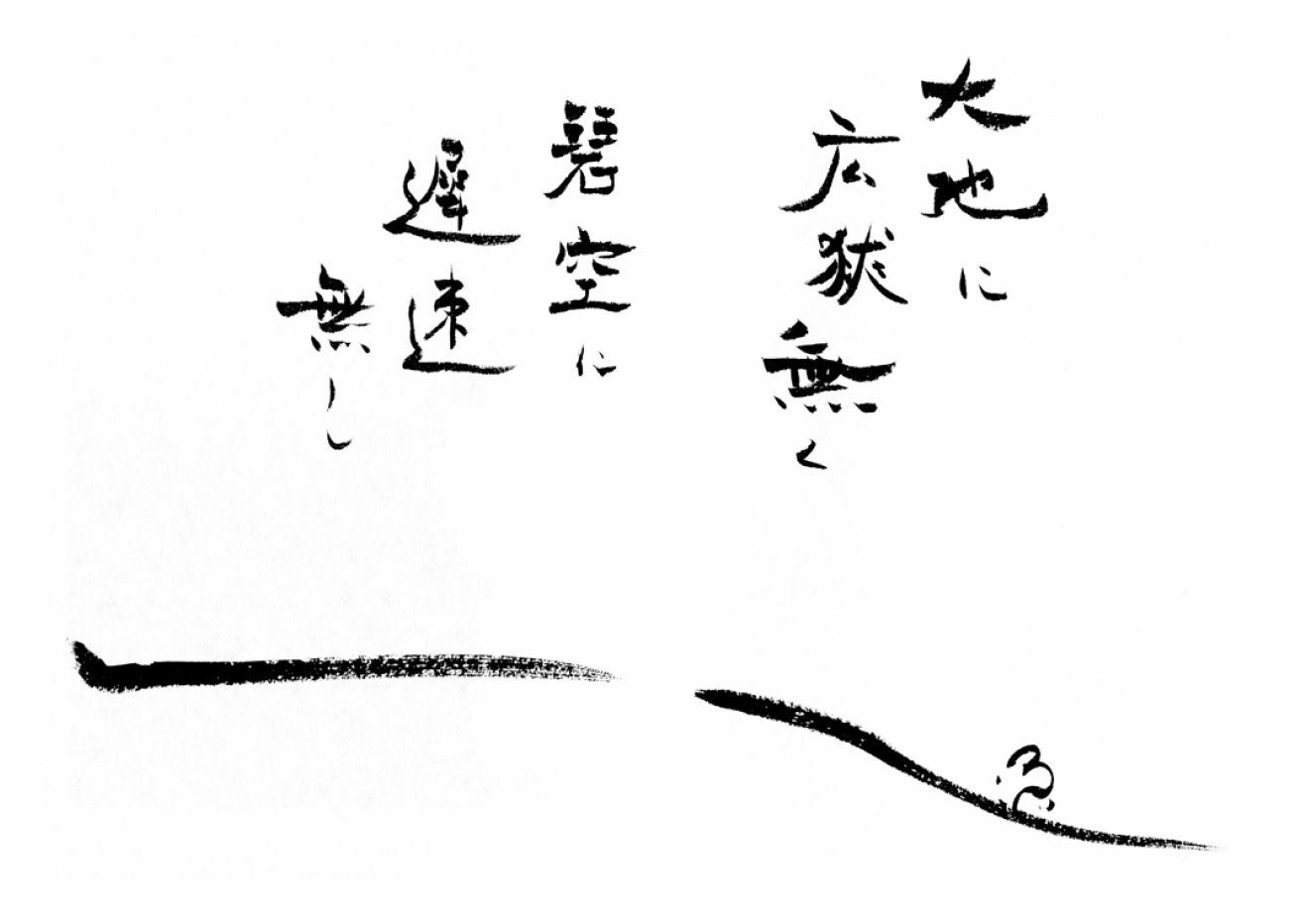Later that year, I was shown around Europe by a Greek gentleman and a young Italian woman who had stayed in one of my hillside huts. The European countries are, for the most part, very careful about protecting the natural environment and maintaining the lovely vegetation. At first glance the entire area looks like a natural park, but it is only the beauty of a picture postcard. If you look closely, you will find that there are very few varieties of trees. The soil is thin, hard, and unfertile. It appeared to me that the earth in Europe had been damaged by an agriculture made up of mismanaged pastures used to produce meat for royalty, and vineyards to produce wine for church use 1)↓.
Generally speaking, the farther south you go from the Netherlands, up the Rhine, and toward Italy, the more the number of trees decreases and the green color fades. In addition, much of the Alps are composed of limestone and have few large trees. The farther south you go, the higher the soil temperature, and the drier the climate. The soil becomes thinner and increasingly less fertile. My impression was that in Europe, the soil was dry and depleted just below the surface.
Masanobu Fukuoka, „Sawing Seeds in the Desert”
There is no wide or narrow on the earth
there is no fast or slow in the sky.
| 1. | ↑ | not only for church :-) – przyp. Amin |
